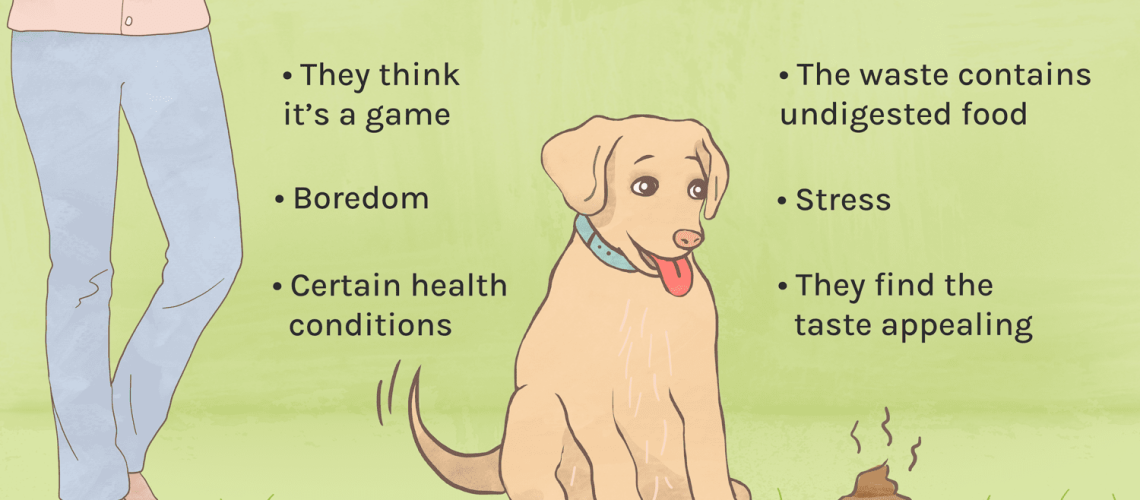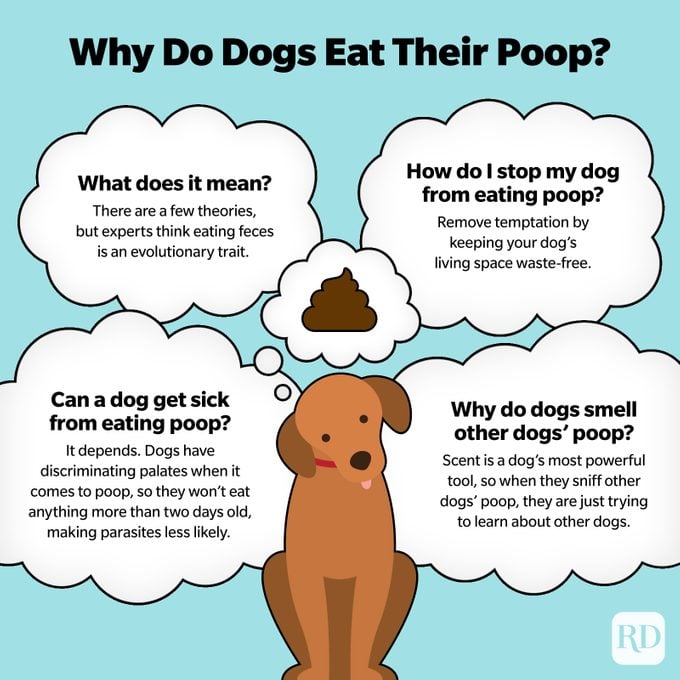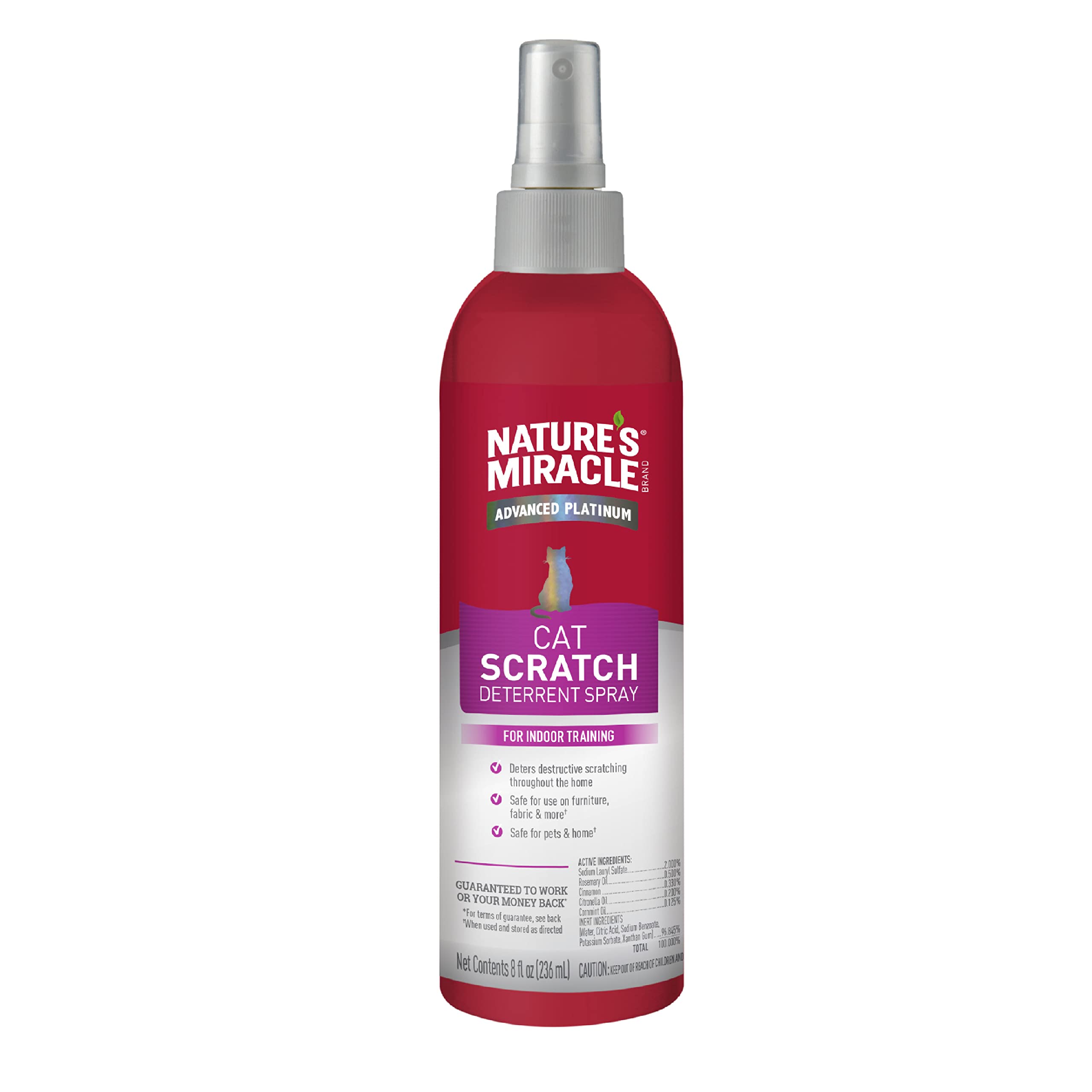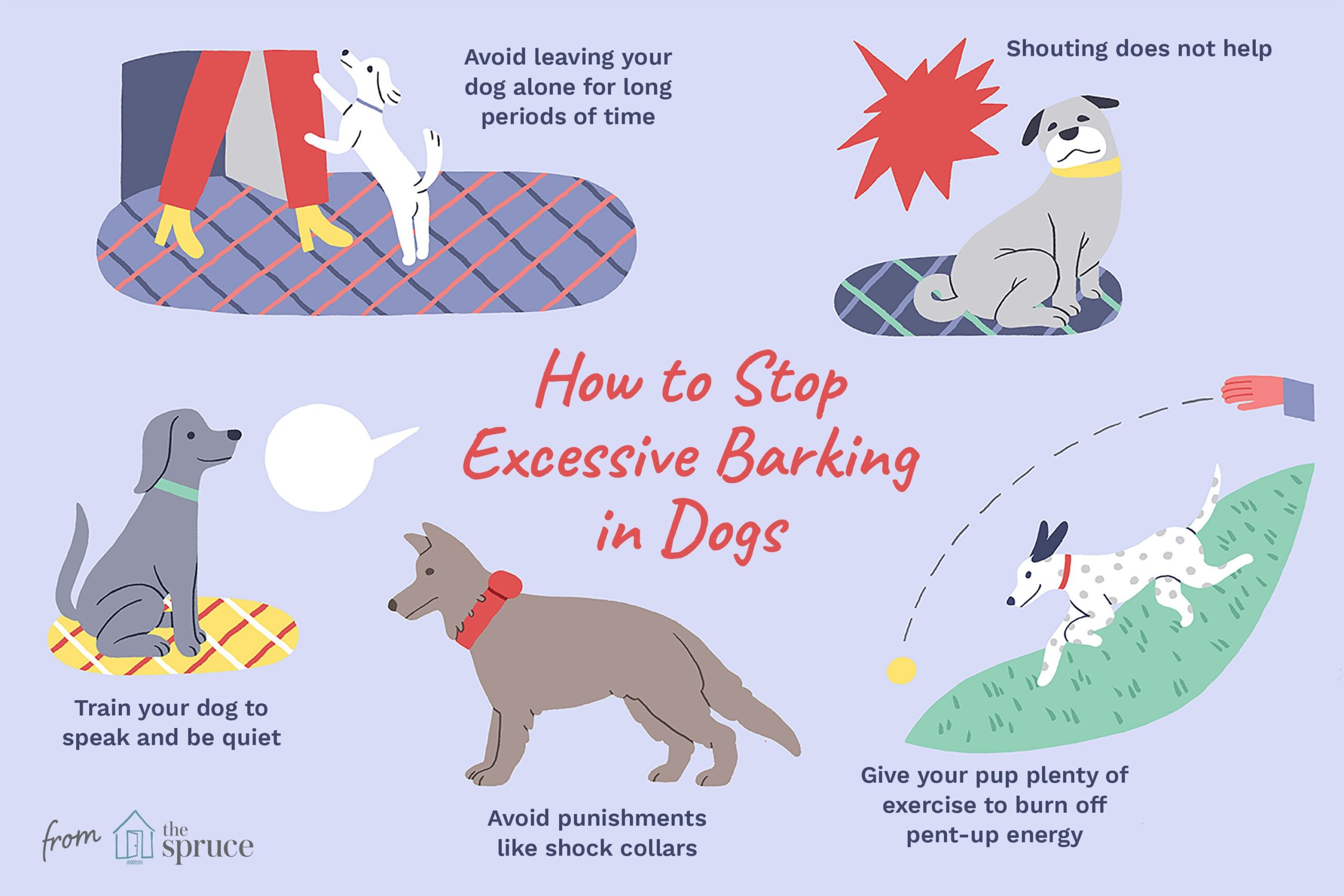Key Takeaways:
- Dogs may eat poop due to nutritional deficiencies or medical conditions, so it's important to rule out any underlying health issues.
- Some dogs eat poop out of boredom or as a result of anxiety or stress, so providing mental and physical stimulation can help prevent this behavior.
- Keeping the environment clean and promptly removing feces can discourage dogs from eating poop.
- Using positive reinforcement techniques, such as rewarding your dog for not eating poop, can be effective in stopping this behavior.
- Consulting with a veterinarian or professional dog trainer can provide further guidance and solutions for preventing dogs from eating poop.
Introduction:
Have you ever wondered why your furry friend has such a bizarre habit of eating poop? It may seem gross and puzzling, but understanding why dogs engage in this behavior can actually be quite beneficial. Not only will it help you ensure your dog's health and well-being, but it can also protect your family from potential health risks. So, if you're ready to uncover the secrets behind this peculiar canine habit and learn how to put a stop to it, keep reading!
Did you know that up to 16% of dogs indulge in poop-eating at some point in their lives? That's right, it's more common than you might think! But fear not, because armed with the knowledge we're about to share, you'll be equipped to tackle this issue head-on.
Now, let's delve into the fascinating world of why dogs eat poop and discover effective strategies to prevent them from doing so. By the end of this article, you'll have all the tools necessary to keep your four-legged companion happy and healthy. So get ready for some eye-opening insights into your dog's peculiar eating habits!
Why do dogs eat poop?
Dogs eating poop, also known as coprophagia, is a common behavior that can have several reasons behind it. One possible reason is that dogs are attracted to the smell and taste of feces. They have a strong sense of smell, and what may seem disgusting to us might be intriguing to them. Another reason could be boredom or curiosity. Dogs may explore their surroundings by sniffing and tasting things, including poop.
Additionally, some dogs may eat poop due to nutritional deficiencies. If they are not getting all the necessary nutrients from their regular diet, they might try to compensate by consuming feces. Lastly, dogs might engage in coprophagia because of anxiety or stress. It can be a way for them to seek comfort or relieve tension.
Reasons why dogs eat poop:
- Attracted to the smell and taste
- Boredom or curiosity
- Nutritional deficiencies
- Anxiety or stress
Is it normal for dogs to eat poop?
While it may seem gross to us humans, eating poop is relatively common among dogs. In fact, many puppies go through a phase where they explore and taste everything in their environment, including feces. However, if this behavior continues into adulthood or becomes excessive, it may indicate an underlying issue that needs attention.
If your dog occasionally eats his own poop or that of other animals, it is generally not a cause for concern. However, if he constantly seeks out and consumes feces from various sources, it's important to address the behavior.
Potential health risks of dogs eating poop
Eating poop can expose dogs to various health risks. Feces can contain parasites, bacteria, and viruses that are harmful to dogs. These pathogens can cause gastrointestinal issues such as vomiting and diarrhea. In some cases, they can even lead to more severe illnesses.
Furthermore, if a dog consumes the feces of another animal that is infected with certain parasites, he may become a host for those parasites. This puts not only the dog's health at risk but also potentially other pets or humans in close contact with the dog.
Potential health risks:
- Gastrointestinal issues
- Exposure to parasites, bacteria, and viruses
- Risk of becoming a host for parasites
Preventing your dog from eating poop
To prevent your dog from eating poop, it's important to take certain measures. One effective method is to keep your dog's environment clean by promptly removing any feces. This reduces the opportunity for him to engage in coprophagia.
You can also try using deterrents such as bitter-tasting sprays or additives that make the poop unappealing to dogs. These products are safe for dogs but make the taste of feces unpleasant.
Tips for preventing coprophagia:
- Clean up feces promptly
- Use bitter-tasting sprays or additives on poop
- Keep your dog engaged and mentally stimulated
- Ensure your dog has a balanced diet and proper nutrition
- Consult with a veterinarian if the behavior persists or worsens
Dietary changes and supplements to stop dogs from eating poop
Some dietary changes and supplements may help deter dogs from eating poop. One approach is to ensure your dog is receiving a balanced and nutritious diet. If your dog's diet lacks certain nutrients, he may be more inclined to seek them out in feces.
Another option is to add certain supplements to your dog's food. For example, adding pineapple or pumpkin to their meals can make the taste of poop less appealing. However, it's important to consult with a veterinarian before making any significant changes to your dog's diet or introducing new supplements.
Dietary changes and supplements:
- Provide a balanced and nutritious diet
- Add pineapple or pumpkin to meals
- Consult with a veterinarian before making dietary changes or adding supplements
Training techniques to stop dogs from eating poop
Training can play a crucial role in stopping dogs from eating poop. One technique is teaching the "leave it" command, which helps redirect their attention away from feces. With consistent training, your dog will learn that ignoring poop is rewarded.
You can also use positive reinforcement by praising and rewarding your dog when he avoids eating poop. Additionally, keeping your dog engaged in interactive play and providing mental stimulation through puzzle toys can help prevent boredom-related coprophagia.
Training techniques:
- Teach the "leave it" command
- Use positive reinforcement for desired behavior
- Engage in interactive play and provide mental stimulation
Other reasons why dogs might eat poop and how to address them
In some cases, dogs may eat poop due to medical conditions such as malabsorption issues or pancreatic insufficiency. If you suspect an underlying medical cause, it's important to consult with a veterinarian for proper diagnosis and treatment.
Sometimes, dogs may also eat poop as a result of attention-seeking behavior. They might have learned that engaging in coprophagia gets them extra attention from their owners, even if it's negative attention. In such cases, it's essential to provide alternative ways for your dog to receive attention and reinforce positive behaviors.
Other possible reasons:
- Medical conditions (consult with a veterinarian)
- Attention-seeking behavior (provide alternative ways for attention)
In conclusion, dogs may eat poop due to various reasons such as curiosity or nutritional deficiencies. To stop them from doing so, it's important to provide a balanced diet, keep their living area clean, and seek advice from a veterinarian if the behavior persists.
What is the best deterrent for dogs eating poop?
Simon suggests For-Bid, which is widely regarded as the most effective supplement for preventing dogs from eating feces. This coprophagia supplement has been trusted by veterinarians and pet owners for over six decades. Simply sprinkle a packet of For-Bid powder onto your dog's food during mealtime to give their feces a taste that is unappealing to them.
How much pineapple should I give my dog to stop eating poop?
Pineapple has an enzyme that changes the flavor and scent of dog feces, making it unappealing to dogs. If you want to test this method, it is crucial to not overfeed your dog with pineapple. Giving them a few pieces every other day should be enough for a dog of average size.
Can dogs get sick from eating poop?
While it may be considered a normal behavior, consuming feces can still lead to illness in dogs. This behavior can facilitate the transmission of internal parasites between dogs or from other animals to dogs. Additionally, dogs can contract various infectious gastrointestinal diseases from ingesting feces.
Do dogs grow out of coprophagia?
While most dogs eventually stop engaging in this behavior, a small number continue to do so. Eating feces is considered a normal but undesirable behavior from our perspective. There may still be some nutritional value in feces, and dogs naturally have a scavenging instinct. In some cases, dogs may even engage in coprophagia to gain attention from their owners.
Do bananas help dogs poop?
The fiber found in bananas can help improve your dog's bowel movements, but it is important to give them in moderation. Excessive fiber consumption can actually lead to constipation in dogs. It is recommended to offer bananas as an occasional treat in small amounts. Carrots and pumpkin are other fiber-rich options that can aid in relieving stomach upset for your dog.
Does lemon juice stop dogs eating poop?
You can use home remedies to help prevent your dog from eating their own stool. One method is to coat the feces with lemon juice, as the acidic taste will deter your dog from consuming it. Another option is to add apple cider vinegar to your dog's daily diet, which can help if their coprophagia is caused by a deficiency of hydrochloric acid.
















